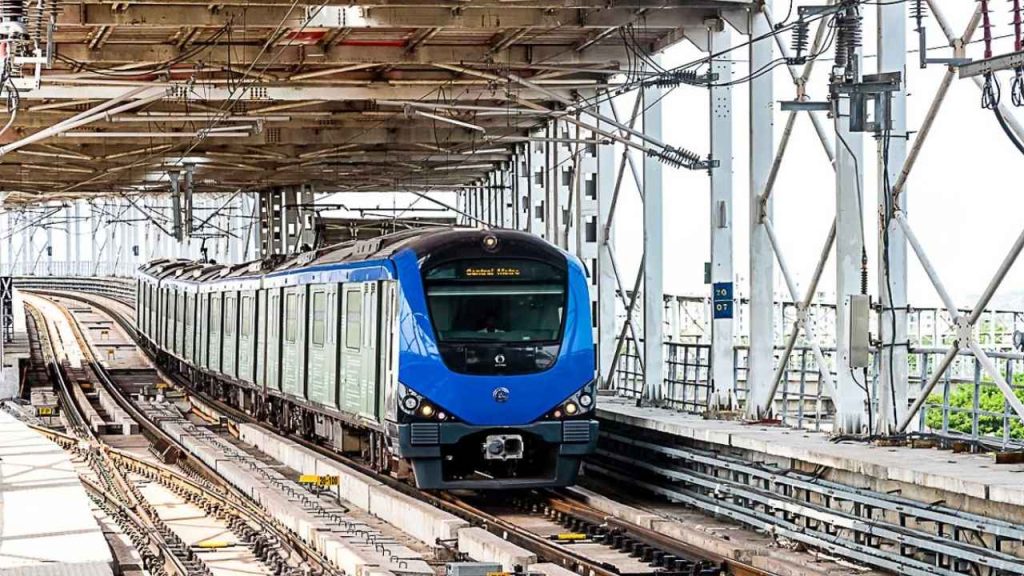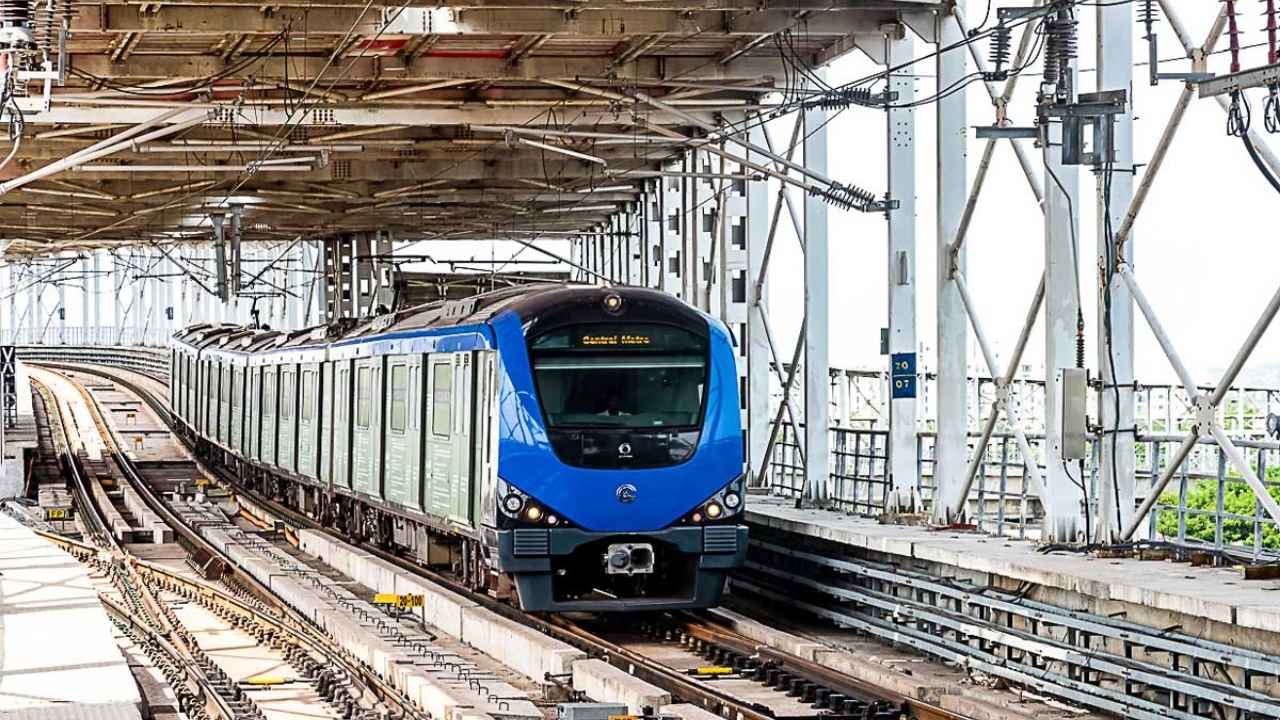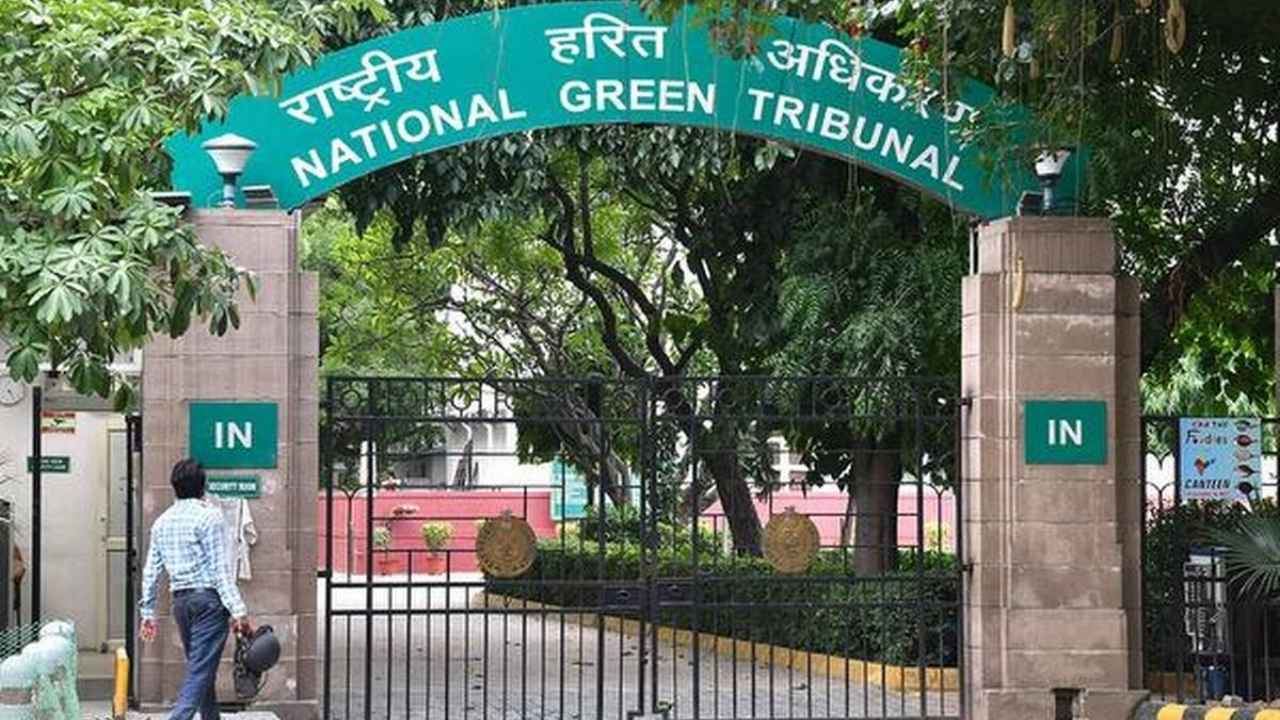The recent decision to scrap the Bhubaneswar Metro project has caused quite a stir in Odisha. The Biju Janata Dal (BJD) chief, Naveen Patnaik, expressed his deep disappointment with the move, labeling it a “setback” for the city’s future. As one of the most ambitious urban transportation projects in the region, the Bhubaneswar Metro Rail project was designed to alleviate traffic congestion, provide a modern transportation system, and promote sustainable urban development. However, delays and mismanagement have led to its unfortunate cancellation, leaving many to wonder what’s next for the city’s infrastructure.

This article will explore the recent controversy surrounding the Bhubaneswar Metro, the reasons behind its cancellation, the impact on the city’s development, and what steps are being taken for a potential reboot of the project. Along the way, we’ll also break down what this means for residents, businesses, and commuters in Bhubaneswar. By the end, you’ll have a clear understanding of the situation and what you can expect moving forward.
BJD Chief Calls Bhubaneswar Metro Scrapping
| Topic | Details |
|---|---|
| Project Name | Bhubaneswar Metro Rail Project |
| Decision | Scrapped by the Odisha Government after multiple delays |
| Criticism | BJD Chief Naveen Patnaik strongly criticizes the move, calling it a setback for the city’s growth and modernization |
| Reason for Scrapping | Delays in construction, termination of contracts due to non-performance, and failure to meet deadlines |
| Impact on the City | A major blow to the vision of modern infrastructure and reduced traffic congestion in Bhubaneswar |
| Future Plan | New Detailed Project Report (DPR) to be submitted to the central government, exploring joint venture models for execution |
| Official Sources | Indian Express, Odisha TV |
The cancellation of the Bhubaneswar Metro project is undoubtedly a setback for the city’s development, but it also serves as a valuable lesson in project management and urban planning. As Bhubaneswar continues to grow and evolve, it will need to find new ways to address its transportation challenges. The government’s plan to resubmit the metro project in a revised form is a positive step, but only time will tell if it will deliver the results the city desperately needs.
Introduction to the Bhubaneswar Metro Project
Bhubaneswar, the capital city of Odisha, is known for its rich culture, historic temples, and the bustling economy that keeps growing every year. With a population steadily increasing, the need for a sustainable transportation system has never been greater. The Bhubaneswar Metro Rail project was conceived as a way to address the city’s growing traffic woes and improve overall public transportation. The plan was to create a metro system that would span across key areas of the city, providing faster, more efficient, and environmentally friendly transit for its residents.
The idea of a metro system for Bhubaneswar was first proposed in the early 2010s, and it gained momentum in 2015 when the central government allocated funding for the project. This was a landmark moment, not only for Bhubaneswar but also for the state of Odisha, which was on the verge of having its first-ever metro network. The metro system was supposed to be a game-changer, connecting different parts of the city and reducing the strain on existing roads, which were becoming increasingly congested.
However, despite the initial excitement, the Bhubaneswar Metro project has faced significant hurdles since its inception. From issues with land acquisition to project delays, there were numerous obstacles in the way. Yet, the most significant blow came when the project was officially scrapped by the Odisha government in July 2025, much to the dismay of many residents and stakeholders.

Reasons Behind the Scrapping of the Bhubaneswar Metro Project
The Bhubaneswar Metro project wasn’t scrapped overnight. It had been facing delays for several years, with construction stagnating in some parts of the city. There were several factors that led to the termination of contracts with the original contractors, Ceigall India Limited and Ranjit Buildcon. According to reports, construction had been stalled for nearly eight months, with no visible progress being made on the ground.
The delays were largely attributed to mismanagement, failure to meet deadlines, and a lack of transparency from the contractors involved. When the Delhi Metro Rail Corporation (DMRC) was brought in to oversee the project, it became clear that the contractors were unable to complete the work as agreed. This led to the termination of contracts and a decision by the Odisha government to revise the project plan and submit a new Detailed Project Report (DPR) to the central government for approval.
Impact on Bhubaneswar’s Development
The cancellation of the Bhubaneswar Metro project has had a profound impact on the city’s aspirations for modernization. Bhubaneswar was hoping to join the ranks of other major cities like Delhi, Bengaluru, and Mumbai, which have well-established metro systems that help millions of commuters daily. The metro was expected to improve air quality by encouraging more people to use public transportation instead of private cars, thereby reducing traffic congestion and pollution levels.
In addition to alleviating traffic, the metro was also seen as a major catalyst for economic development. Infrastructure projects like these often create thousands of jobs during construction and contribute to long-term growth by attracting investment and improving accessibility to different parts of the city. The cancellation of the metro means that Bhubaneswar will have to find alternative solutions to manage its growing population and infrastructure demands.
Future Plans for Bhubaneswar’s Public Transportation
While the cancellation of the metro has been a setback, it’s not the end of the road for Bhubaneswar’s public transportation goals. The Odisha government has already announced plans to submit a new DPR for the metro project, with the aim of restarting the project as a joint venture between the central and state governments. This revised approach is expected to streamline the process and bring more accountability to the table.
Additionally, the government is also exploring other modes of public transportation, such as bus rapid transit systems (BRTS), which could complement the metro and provide an alternative means of easing traffic congestion. The BRTS system has been successfully implemented in cities like Ahmedabad and Pune, and Bhubaneswar could benefit from a similar model.
Criticism from Opposition Parties
The decision to scrap the metro project has drawn strong criticism from opposition parties in Odisha, particularly the BJD and Congress. Naveen Patnaik, the BJD chief, has expressed his frustration with the state government, calling the move a betrayal of the people of Bhubaneswar. Patnaik believes that the metro was an essential part of the city’s growth and modernization and that its cancellation is a blow to the dreams of residents who were looking forward to a better, more connected city.
Opposition parties have also accused the BJP-led state government of mismanagement, poor planning, and a lack of transparency in handling the project. They argue that the project should have been better managed and that the cancellation shows a failure of leadership. There are also concerns about the future of public transportation in the city and whether the new plans will be able to deliver the results that were initially promised.
What Can Be Learned from the Bhubaneswar Metro Saga?
The Bhubaneswar Metro project serves as a valuable case study in the challenges faced by cities trying to implement large-scale infrastructure projects. From delays in construction to issues with contractors and project management, there are many lessons to be learned.
For future projects, it’s essential to have strong project oversight, clear timelines, and transparent communication with all stakeholders. Additionally, there should be contingency plans in place in case things don’t go as expected. This is especially true when dealing with projects that have long timelines and involve multiple parties, such as government agencies and private contractors.
Bhubaneswar Metro Rail Contracts Scrapped Due to Delays; Odisha Government to Revise Plan
B.Ed Qualified Candidates Should Be Appointed as Junior Teachers, Orissa High Court States
Odisha BSE Reshuffles Staff After OTET Paper Leak; No Re-Exam Date Announced
FAQs
1. Why was the Bhubaneswar Metro project scrapped?
The project was scrapped due to delays in construction, failure to meet deadlines, and issues with the contractors involved. The Delhi Metro Rail Corporation (DMRC) terminated the contracts with the contractors due to non-performance.
2. How will the cancellation of the metro affect Bhubaneswar?
The cancellation of the metro project has been a setback for Bhubaneswar’s modernization efforts. It will delay the city’s goals of reducing traffic congestion, improving air quality, and promoting economic growth.
3. What is the future of public transportation in Bhubaneswar?
The Odisha government plans to submit a new Detailed Project Report (DPR) for the metro project and is exploring alternative transportation options, including a Bus Rapid Transit System (BRTS).
4. What lessons can be learned from the Bhubaneswar Metro project?
Strong project management, clear timelines, and transparent communication are essential for successful infrastructure projects. Having contingency plans in place is also critical.





